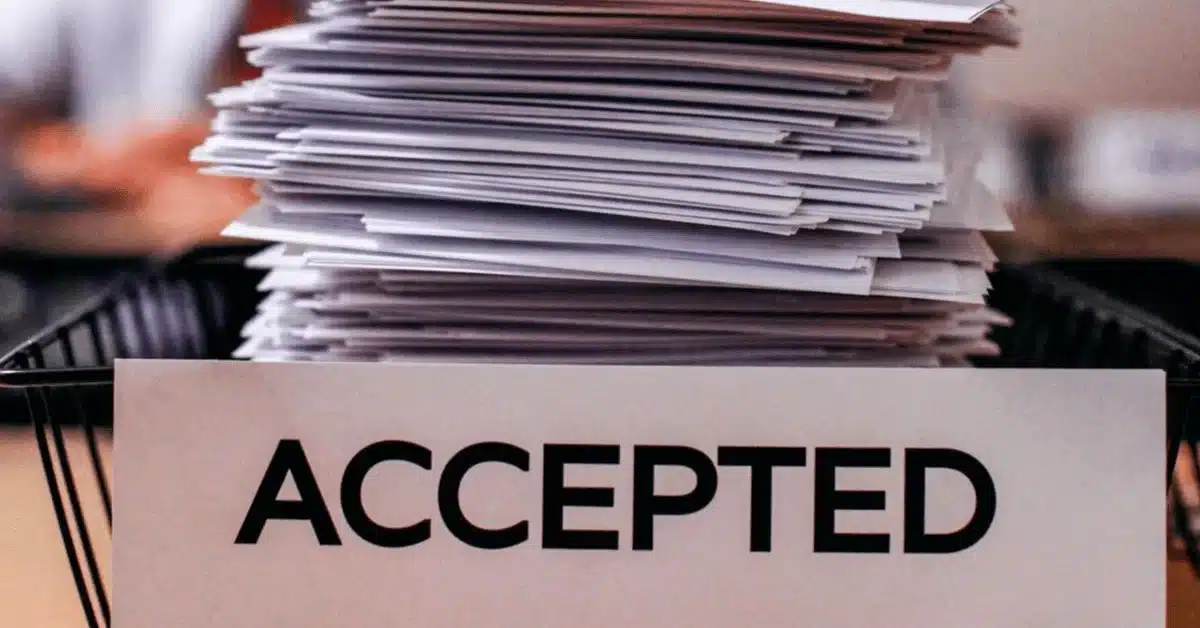The Succession Act 1981 (QLD) and other relevant laws protect the rights of beneficiaries of a will in QLD, Australia.
Beneficiaries are individuals or organisations designated in a will to receive property, assets, or funds from the estate of a deceased person.
These beneficiaries possess certain legally enforceable rights. This article will examine the rights of will beneficiaries in Queensland.
Definition of Beneficiary
A beneficiary is a person, organisation, or entity that is designated to receive benefits, such as property, assets, or money, from a trust, will, or insurance policy upon the death of the trust or will creator, or the policyholder.
The beneficiary is also used in other contexts, such as retirement plans and financial accounts, in which an individual is designated to receive the proceeds or benefits upon the demise of the account holder or plan participant.
The beneficiary can be a single person or a group of people, and they can be explicitly named or described by a class or relationship, such as a spouse, child, or charity.
Rights of Beneficiaries of a Will
Beneficiaries have legal protection for certain privileges. These rights ensure that you receive the inheritance you are entitled to and that the executor carries out their duties responsibly and effectively. In this section, we will outline the legal rights of beneficiaries of a will in QLD, Australia:
- Beneficiaries have the right to be notified of their entitlements.
This means that if a person has been named as a beneficiary in a will, the executor of the will must inform them of their entitlement. The executor must also provide the beneficiary with a copy of the will and any other relevant documents, such as trust deeds or life insurance policies. - Beneficiaries have the right to receive their entitlements promptly.
The executor of the will has a legal obligation to distribute the assets of the deceased person’s estate as soon as possible after their death.
However, the executor must also take reasonable steps to ensure that all debts and liabilities of the estate have been paid before distributing the assets to the beneficiaries. - Beneficiaries have the right to challenge a will if they believe they have not been adequately provided for.
Under the Succession Act 1981 (QLD), certain people are entitled to make a family provision claim if they believe that the deceased person did not adequately provide for them in their will. This includes spouses, children, and certain dependents of the deceased person.
If a beneficiary wishes to make a family provision claim, they must do so within six months of the date of the deceased person’s death. - Beneficiaries have the right to request information about the administration of the estate.
This includes information about the assets and liabilities of the estate, the progress of the administration of the estate, and any decisions made by the executor. The executor has a legal obligation to provide this information to the beneficiaries upon request. - Beneficiaries have the right to challenge the actions of the executor if they believe they have breached their legal duties.
The executor of a will has a fiduciary duty to act in the best interests of the beneficiaries. If a beneficiary believes that the executor has breached this duty, they may apply to the court for the removal of the executor and damages. - Beneficiaries have the right to view the will
In most jurisdictions, a beneficiary named in a will has the right to see a copy of the will once the testator has passed away. This ensures transparency in the estate administration process and allows beneficiaries to understand how the assets are to be distributed among them.
Also read: Transfer Property from Deceased Estate to Beneficiary
Definition of Executor
An executor is a person or institution designated in a will to carry out the desires and instructions of the deceased testator.
The executor is responsible for administering the deceased person’s estate, which entails collecting and valuing assets, paying debts and taxes, and distributing the remainder of the estate according to the terms of the will.
The executor has a fiduciary duty to act in the beneficiaries best interests and to administer the estate responsibly and efficiently.
The executor may be a member of the decedent’s family, a close acquaintance, or a professional, such as a lawyer or accountant.
Appointing an executor is a crucial decision that requires careful consideration of the individual’s skills, experience, and willingness to assume the responsibility.
Is a Beneficiary Entitled to See Estate Accounts?
A beneficiary’s right to access estate accounts is not absolute and depends on several factors.
Generally, beneficiaries have a right to be informed about the administration of the estate, which includes receiving information about the assets and liabilities.
However, this does not automatically translate to a right to directly access or see the estate’s bank accounts or financial statements.
The executor or administrator has a fiduciary duty to manage the estate responsibly and transparently, which may include providing beneficiaries with relevant financial information upon request.
If a beneficiary suspects mismanagement or has concerns about the estate’s administration, they may seek legal advice or apply to the court for orders to access specific documents or information.
Rights and Responsibilities of Executors
The testator, the person who created the will, appoints executors who are responsible for carrying out the instructions in the will and administering the estate. Executors have the following privileges and responsibilities.
Rights of Executors:
- Right to compensation: Executors are entitled to be compensated for their time and effort in administering the estate. The amount of compensation can be specified in the will or may be determined by law.
- Right to seek professional advice: Executors can seek the assistance of professionals such as lawyers, accountants, and financial advisors to help them carry out their duties.
- Right to distribute the estate: Executors have the right to distribute the assets of the estate to the beneficiaries according to the instructions in the will.
- Right to defend the estate: Executors have the right to defend the estate against any claims made against it.
In Queensland, the law protects the rights of will beneficiaries
Beneficiaries must be aware of their legal rights and seek legal counsel if they believe their rights have been violated.




